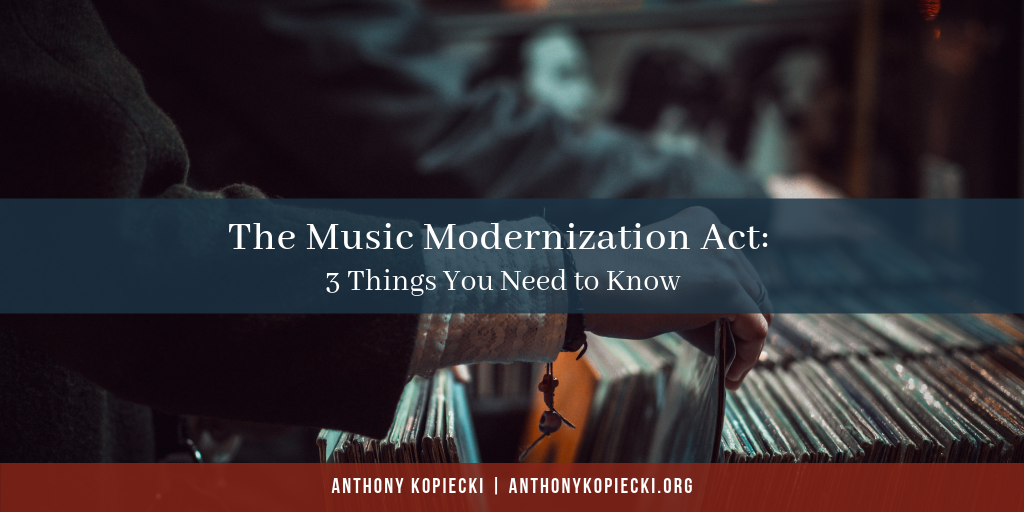Last month the United States House and Senate unanimously passed a new bill bringing copyright law into the current digital age. U.S. copyright laws, which have long been criticized as outdated, (including legislation dated before World War One) have neglected to provide proper payment and recognition for musicians, producers, and engineers alike. This three-part legislation brings a much needed revamp to section 115 of the U.S. Copyright Act and provides a legal shield for streaming services such as Spotify.
Streamlining the Licensing Process:
The first part of this law makes it easier for musicians to get paid for work which is streamed online. This includes the creation of the Mechanical Licensing Collective (MCL), which is entirely funded by digital streaming services. According to NPR, the MCL will “create and operate a comprehensive, public database containing all relevant information on songwriters’ work, which tech companies will then use to (finally) pay songwriters properly.” Every streaming service will now have an overall license and an easier way to track payments for songs and artists. This is a significant advancement from the previous policy in place which required paperwork and licenses from each individual artist.
Legacy Artist Compensation:
Thanks to this bill, artists with songs recorded before 1972 will now receive royalties for their music. The Classics Act section of the bill protects songs recorded before 1972 on the federal level and leaves out the hassle of dealing with state copyright law. Royalty payments under this section are now split 50/50. 50% of the earned royalties will now go to the record label, and another 50% will go to SoundExchange, who will then pay the artist. Federal protection for recordings made before 1972 is also extended by 15 years.
Compensation for Producers and Engineers:
One final and historic part of this bill is the legal protection of producers and engineers. For the first time in music copyright history, these integral players in making music will have legally binding documentation showing the notification of royalty payouts to producers and engineers by musicians. This is a massive step in the right direction for creating an equal and more balanced royalty payout system that includes all involved in making music.
